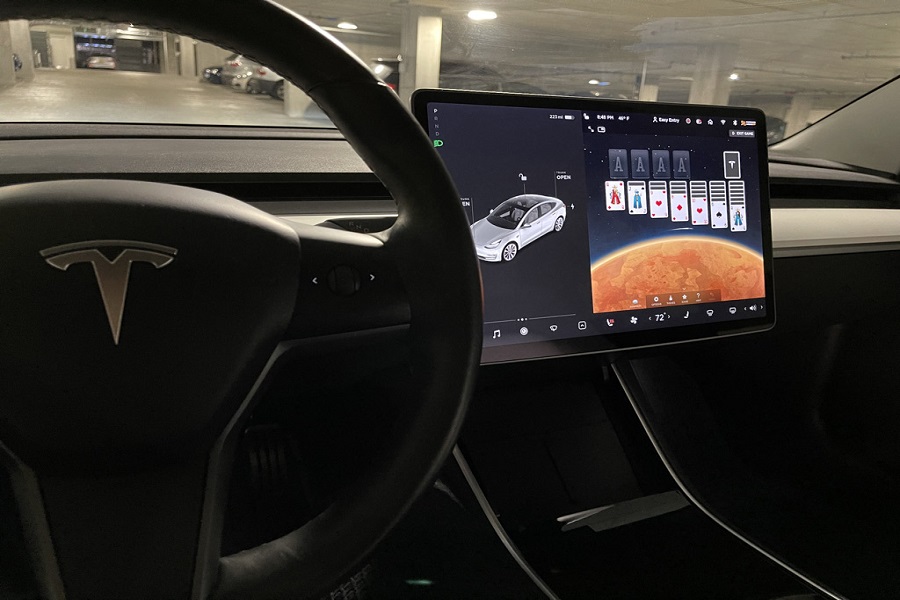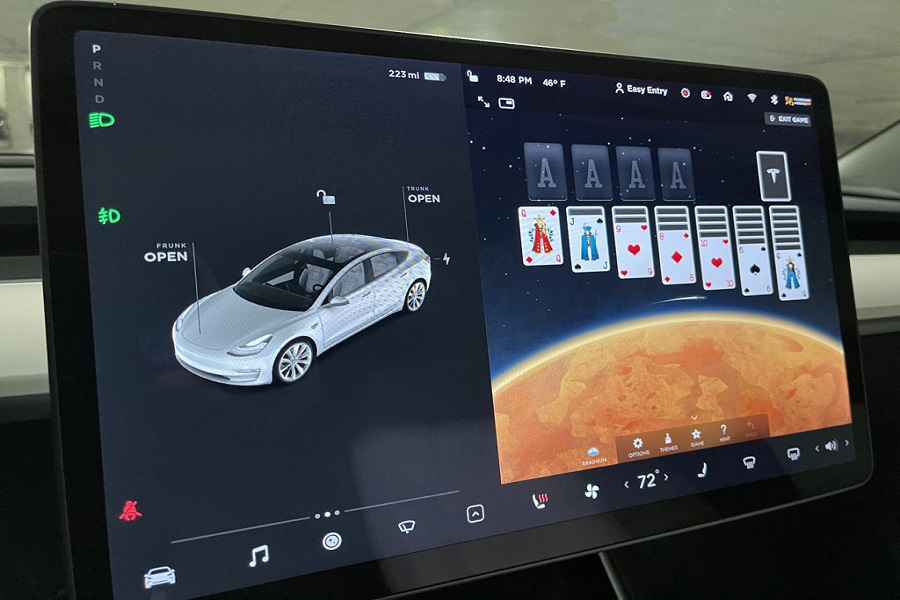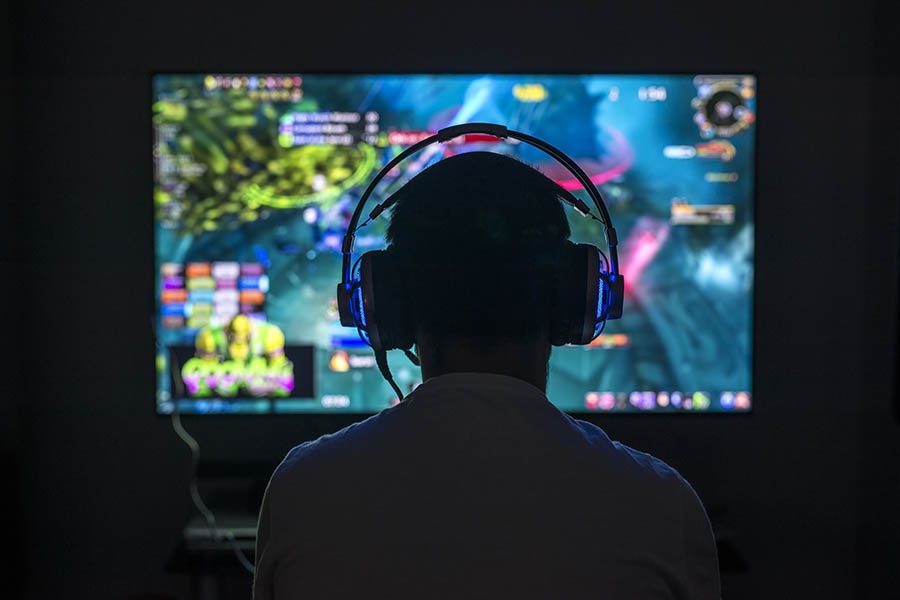Developers saw a surge of revenue from COVID-19, which some are using to create new partnerships.
Video game studios were leveling up quickly, even before the COVID-19 pandemic. In Oregon the video gaming industry generated $247 million in revenue in 2019, a 123% increase over 2014, according to a report by the Entertainment Software Association.
Stay-at-home restrictions caused consumers to do more gaming, powering up the video game industry like a Mario Brothers mushroom. According to a report by video game consultancy Digital Development Management, the video game sector soared nationally in 2020 to a record $13.2 billion in total revenue, up 77% from 2019.
An annual industry review by SuperData, a subsidiary of data firm Nielsen, found 55% of people reported playing video games during lockdown. They also played more frequently. Sixty-six percent of consumers between the ages of 18 and 24 played more console games, while 60% played more mobile titles.
Some larger studios have used the influx of money to develop more mobile offerings. Others have partnered with streaming services to fund movie projects, bringing title characters to the screen.
RELATED STORY: Pandemic Boosts Livestream Sector
Smaller app-based developers are also in a position to expand. But the correct way to do so is unclear. The increased popularity of mobile gaming has led users to demand more privacy from their mobile devices, which could impact ad revenue.
As the spike in video game consumption levels off, smaller studios could find themselves with less revenue and more competition, meaning the investments made now could be critical to survival.
One story of pandemic success is Portland design studio Brainium. Before the pandemic, the company had 15 employees and developed high-resolution card game apps, including solitaire and blackjack. After the pandemic brought a 42% increase in revenue, the studio doubled its employee count to 30. Brainium expanded its offerings with a Mahjong game and partnered with Tesla Motors to put its card games in Tesla vehicles.
 A Brainium solitaire game inside a Tesla vehicle Credit: Brainium Studios
A Brainium solitaire game inside a Tesla vehicle Credit: Brainium Studios
“Scaling our teams allows us the freedom to investigate opportunities and pursue things we just didn’t have bandwidth for previously, such as partnering with Tesla,” says studio co-founder Jake Brownson.
Brainium is not the only video game company turning its revenue into unconventional partnerships. Roblox, a New York studio, announced a partnership with toymaker Hasbro to introduce a range of Roblox-inspired Nerf blasters.
Apple’s latest update, IOS 14.5., requires every app to obtain a user’s permission before the app can track their online activity. According to preliminary research, most users will not allow the tracking.
 Display for Brainium’s Tesla game Credit: Brainium Studios
Display for Brainium’s Tesla game Credit: Brainium Studios
“That’s pretty scary language to most consumers. It makes it sound like the app is tracking you in your sleep and that’s not what happens,” says Brainium chief operations officer Scott Willoughby. “It just means ad partners like Google and Facebook can’t look at cookies to get better demographic profiling. That means if you want to target women between the ages of 18 and 36 looking for clothes, for example, you’re dealing with a black box.”
More competition from the video game boom is also on the horizon. Haven, a new Montreal-based studio, opened this year. It has already partnered with Sony for an independent project. Japanese developer Konami, after a hiatus from making video games, has rejoined the market.
To subscribe to Oregon Business, click here.


